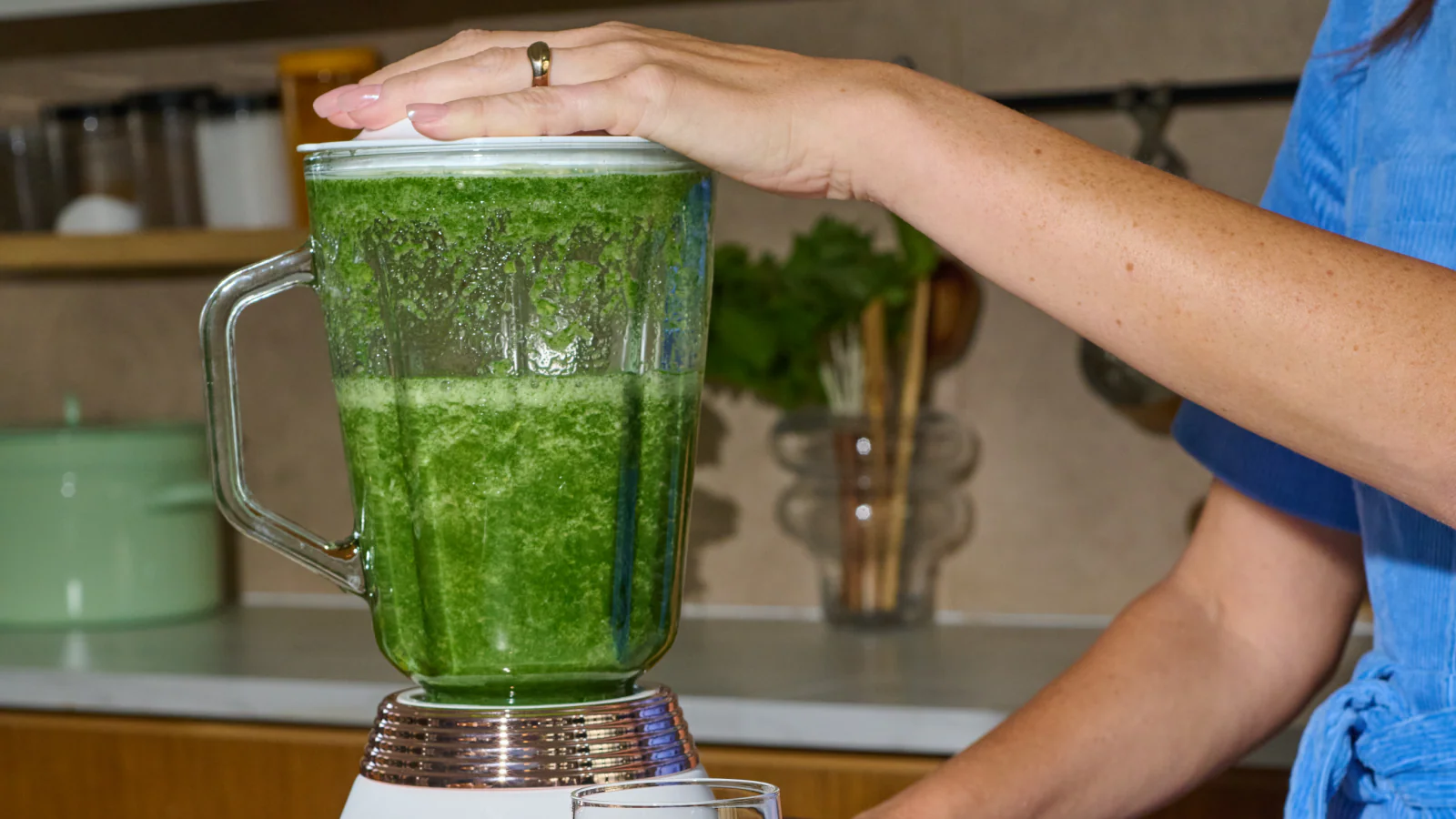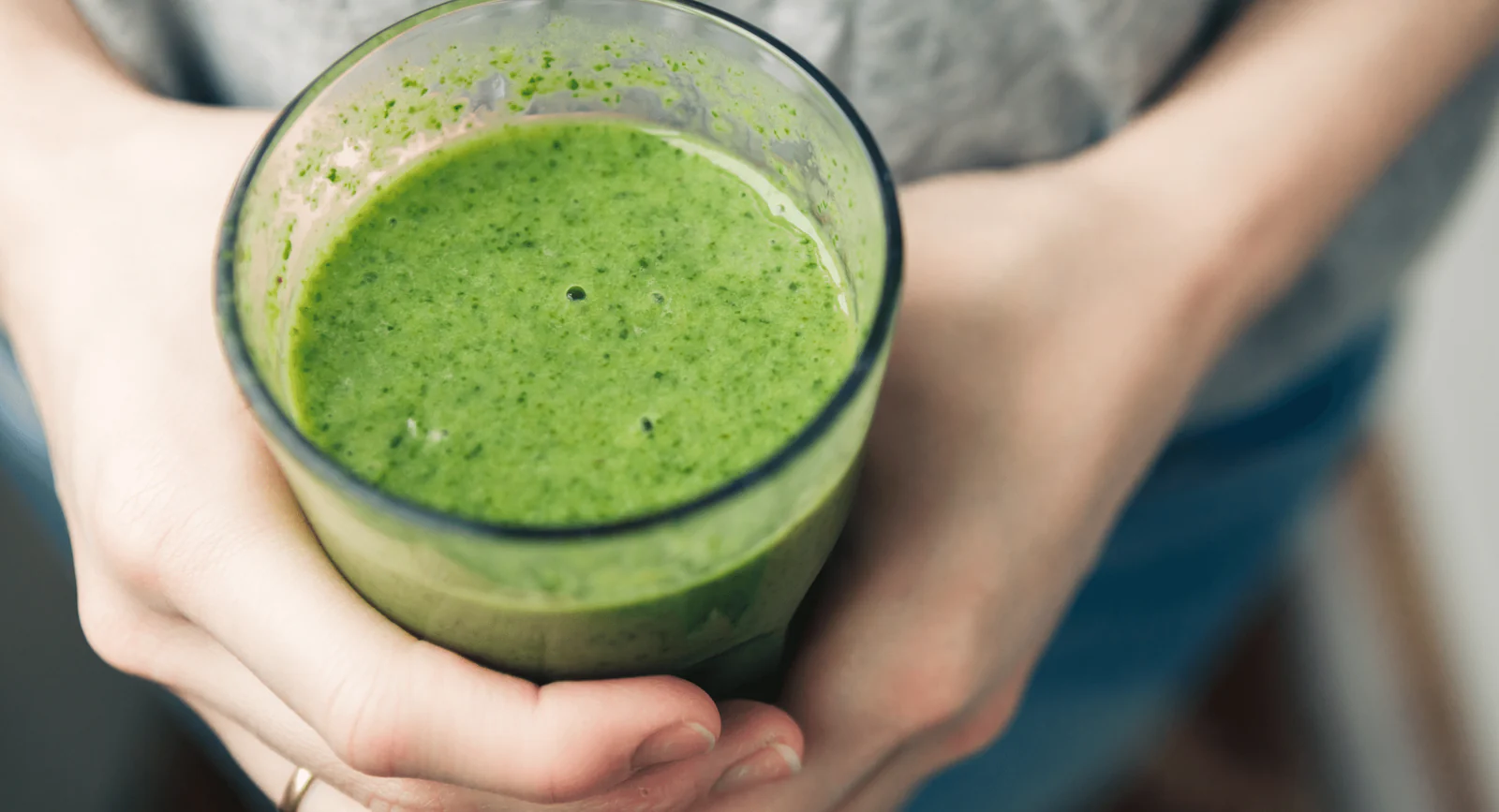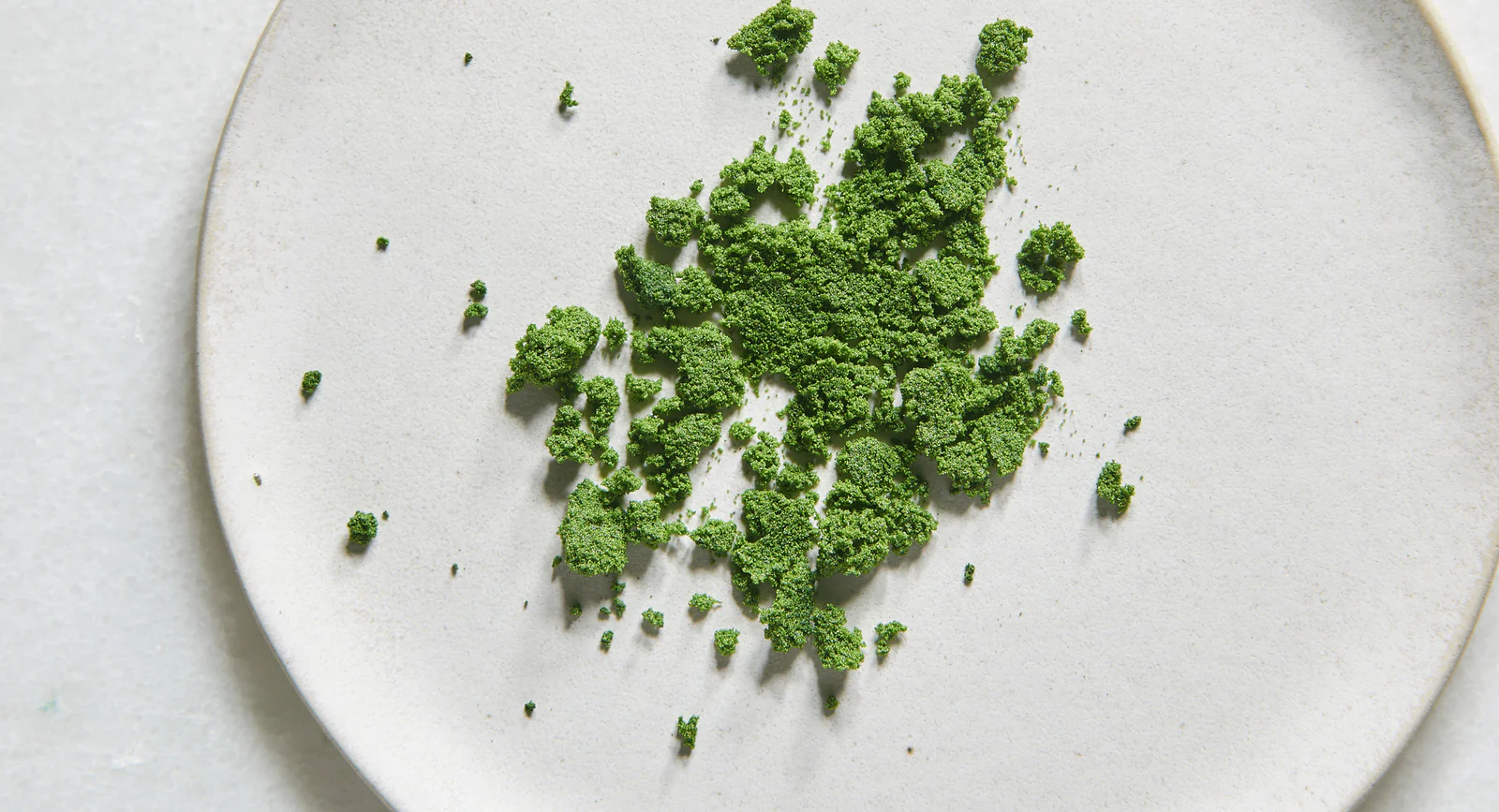Wolffia globosa is a tiny pondweed plant that is packed with nutrition, including protein and B vitamins.
It might seem odd at first, but eating pondweed could help you pack more nutrients into your diet. We’re not talking about the standard aquatic weeds that might be growing in your backyard or local park pond, but Wolffia globosa—an edible species of duckweed. Also known as Mankai, Wolffia globosa is an incredibly small plant that is bursting with nutrients—including B vitamins. Here’s what you need to know about the supergreen and how to cook with it.
What is Wolffia globosa?
Wolffia globosa, which is incredibly small and measures around one millimeter in length, grows naturally in aquatic environments (think ponds, lakes, and slow-moving rivers) in tropical and subtropical regions of Asia, Africa, and Central America. Currently, it is not widely cultivated, but it is starting to gain some traction as a health food in the West.
Is Wolffia globosa good for you?
Wolffia globosa—which has a neutral, mild taste—is rich in protein, fiber, and essential vitamins and minerals like iron, calcium, potassium, and B vitamins. Mankai USA also added vitamin B12 to Wolffia globosa to boost its nutritional value even more. Vitamin B12 isn’t widely available in plant-based foods (most who follow a vegan diet supplement vitamin B12 or obtain it from nutritional yeast or fortified cereals). Mankai USA’s version is no longer available, but brands like Ama Grow sell fortified Wolffia globosa powders with B12.
Wolffia globosa is also a key part of the green Mediterranean diet, an enhanced version of the standard Mediterranean diet, which emphasizes plant-based whole foods and is associated with a reduced risk of chronic disease. The only difference with the green version of the diet is that it contains less meat and emphasizes three key foods: walnuts, green tea, and Wolffia globosa. According to research, this version of the diet “amplifies the beneficial cardiometabolic effects of the Mediterranean diet.”
Link to the full article






